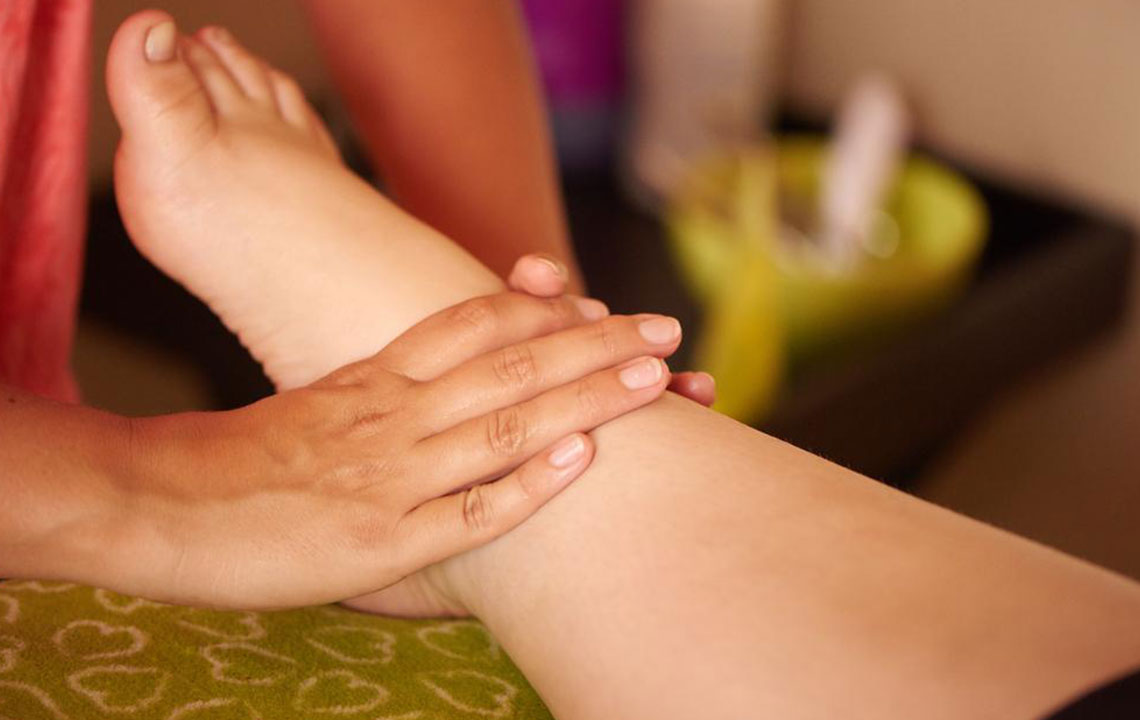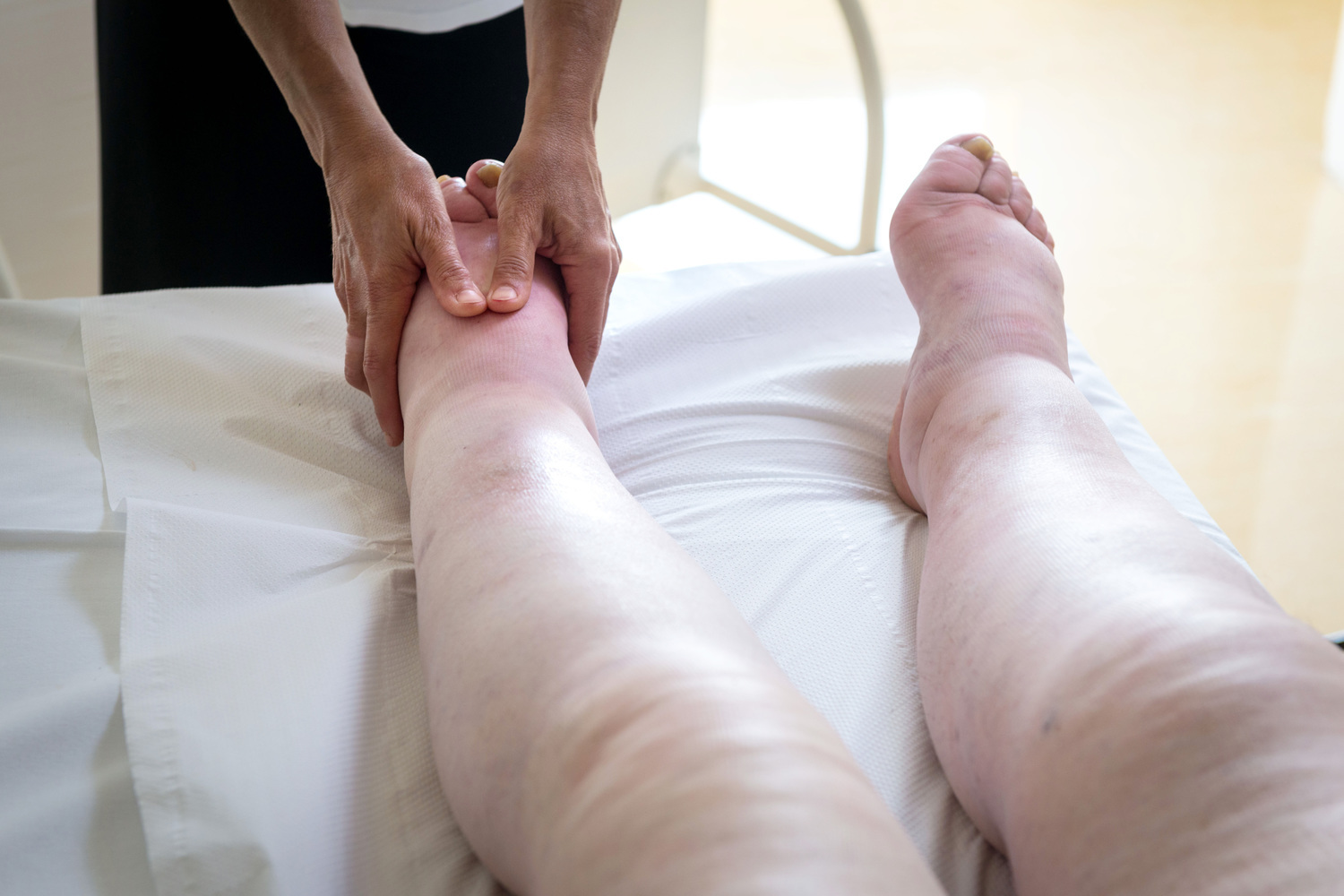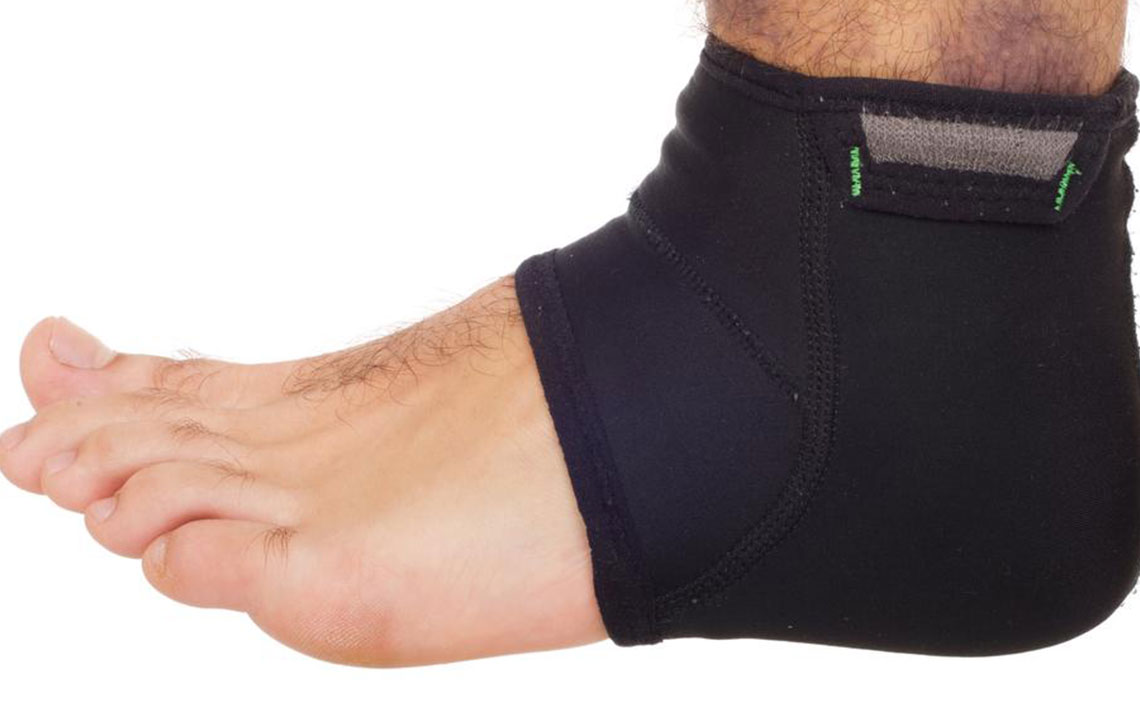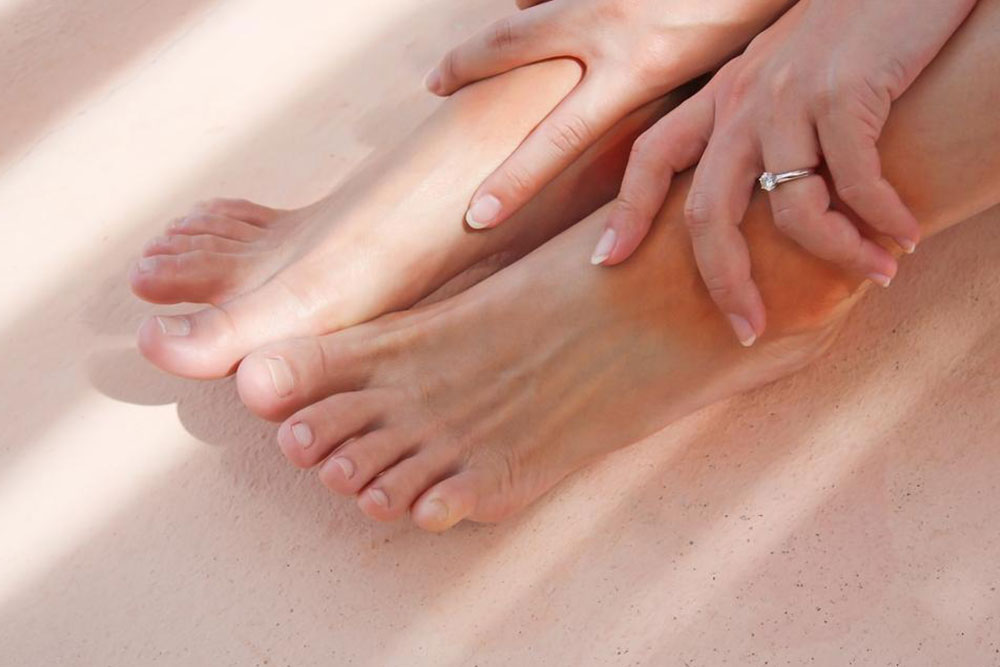Effective Strategies to Reduce Swelling in Feet and Ankles
Discover effective methods to alleviate swollen feet and ankles, including lifestyle changes, home remedies, and when to seek medical help. Learn about causes, treatment options, and preventive tips to manage this common condition safely and effectively.
Sponsored
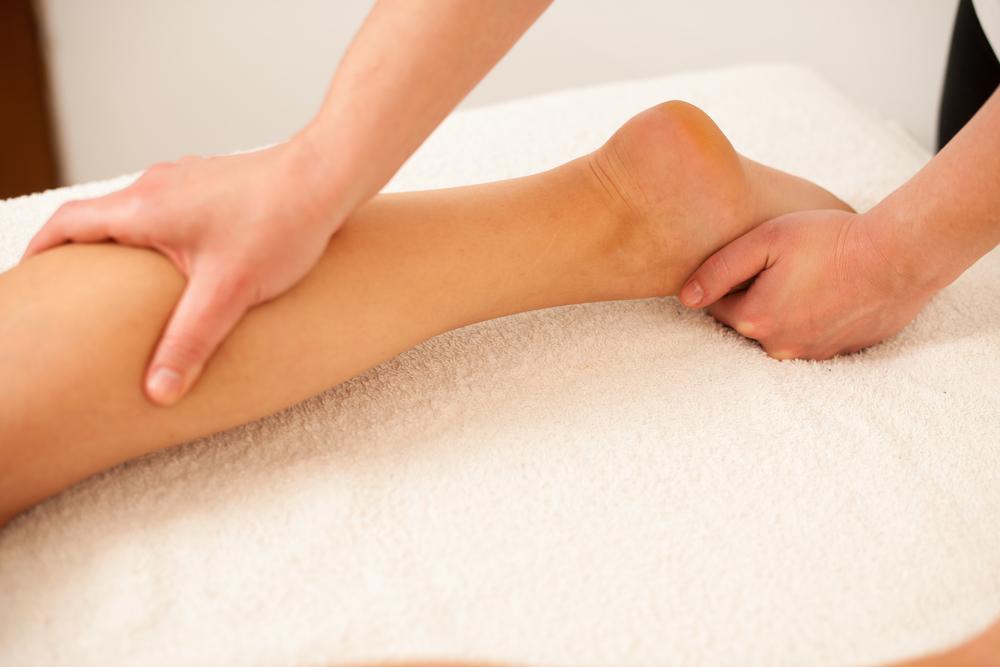
How to Alleviate Swollen Feet and Ankle Pain
Swelling in the feet and ankles is a common issue that many individuals experience, especially after prolonged standing or walking. Usually, it isn't a cause for serious concern. However, if swelling persists or occurs alongside other symptoms, consulting a healthcare professional is essential to identify underlying causes and explore appropriate treatments.
What are some common causes of swollen feet and ankles?
Pregnancy can lead to swelling, particularly if it becomes severe after the 20th week. Symptoms like high blood pressure and protein in the urine may also be present, requiring medical attention.
Injuries to the ankle or leg can result in swelling.
Consuming a diet high in salt and carbohydrates can cause fluid retention.
Sodium retention due to medical conditions may contribute to swelling.
Allergic reactions to medications, birth control pills, or other drugs might be responsible.
Should I be worried about swelling in my feet?
For minor or temporary swelling, there is usually no need for concern.
Persistent or severe swelling could indicate underlying health issues related to the liver, kidneys, heart, or blood vessels, necessitating medical evaluation. Ignoring ongoing swelling can worsen the condition, so timely consultation is advised.
How can swollen feet and ankles be treated?
Address swelling promptly; don't ignore persistent symptoms.
Compression therapy with specialized stockings can reduce swelling and alleviate discomfort.
Regular movement and exercise improve circulation; activities like swimming are beneficial.
Reducing excess weight helps decrease strain and fluid accumulation.
Soaking feet in Epsom salt water for 15–20 minutes daily can promote relief.
Magnesium supplements, about 200 to 400 mg daily, may help prevent fluid retention.
Elevate legs regularly to decrease swelling; yoga poses can assist in this.
Additional tips for managing swelling
Limit salt intake to prevent water retention.
Stay well-hydrated by drinking plenty of water.
Avoid excessive use of laxatives.
Minimize pressure on feet and ankles when possible.
Are medications necessary for swollen feet and ankles?
For minor swelling, home remedies are often sufficient.
If swelling is linked to significant health issues, seek medical advice for diagnosis and targeted treatment.

